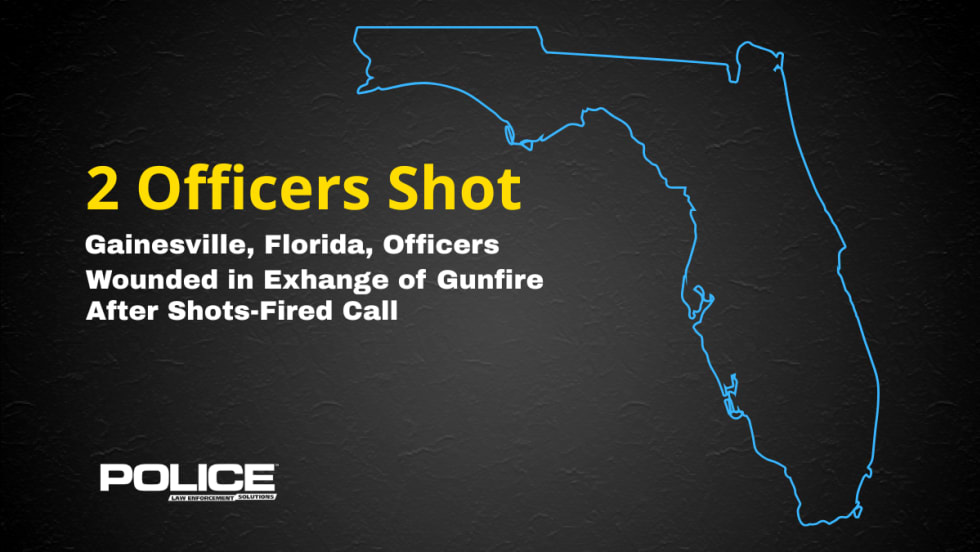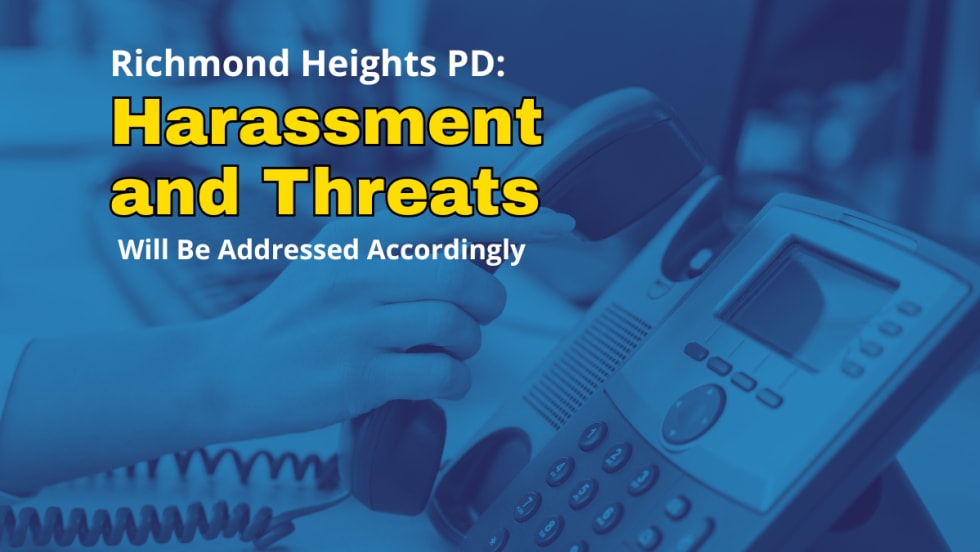"Officers are exposed to more cruelty than most of us. Balance the negativity with positive things," advises Kirschman. Keep your job in perspective. Work is infinite, time is finite, she says.
"We had a rule in our home," says Norma Williams. "I told him, 'The minute you cross over that threshold, I outrank you.' So he left it at the door."
It's about managing anxiety in the face of threats, adds Dr. Suzanne Best, a Portland, Ore.-based psychologist specializing in trauma and duty-related stress. "I say to people, what are the odds this person will follow through with the threats? What percentage? Is it 10 percent, 15 percent, or 50 percent? They rarely say anything is more than 10 percent, so I say, there's a 90 percent chance that nothing bad is going to happen.
"And what's the chance you'll get in an accident someday?" Best adds. "They begin to see they've been anxious about the worst-case scenario. What purpose is it serving for you to ruminate about it? They say they're going through tactical maneuvers, and I say, 'How long have you been practicing them?' And it turns out they've done them daily for six months, which causes more stress."
In the midst of a drawn-out situation, self-care is important, Best reminds clients. "Relaxation, health care, getting the most sleep you can, exercise, and pay attention...Have someone to talk to." While she suggests talking to a therapist because of confidentiality, a pastoral counselor or a brother-in-law might help: anyone who can say, "You're having a reaction to an incredibly stressful situation." The officer needs validation.













